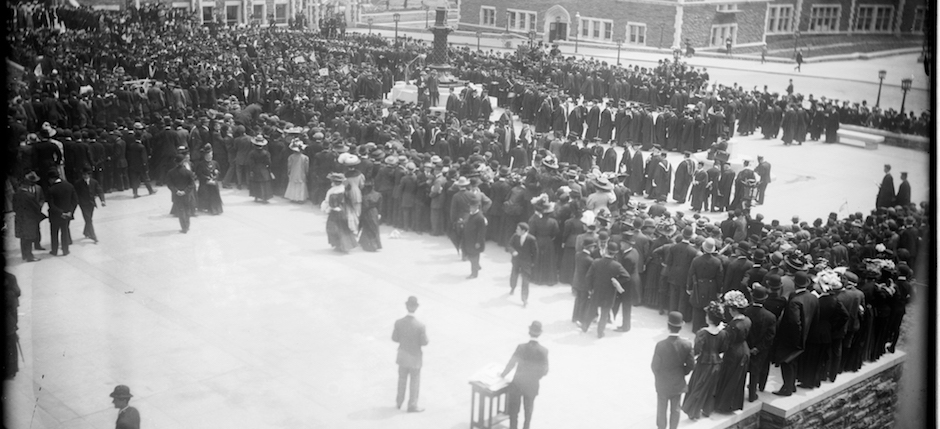The Chief Justice Who Elevated the Supreme Court Into a Co-Equal Branch of Government
Before John Marshall, the Court Had Been a Constitutional Afterthought
No one in the founding generation left a more lasting imprint on American government and law than Chief Justice John Marshall.
We remember Washington’s leadership, Jefferson’s eloquence, and Franklin’s wit, but Marshall breathed life into the Constitution, elevated the judiciary, and defended the federal government’s power over feuding states. The power of judicial review and the corresponding principle that courts should not interfere with political judgments are just two of the many doctrines that Marshall wove into our constitution.
How …











